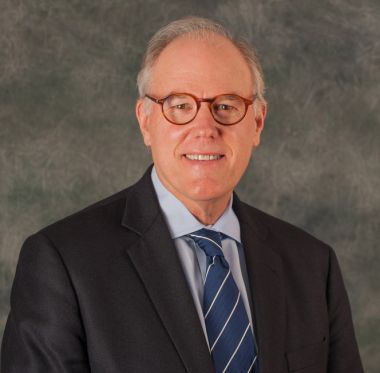Introduction
In-depth, highly credible, fact-checked, no-stone-unturned investigative journalism is seldom going to appear as the highest item in a quick-hit search engine sweep. But with Google’s new Fast Flip service, the Center for Public Integrity sees hope. Here, at last, is a way for the deep-dive content we create to rise to the surface by a new algorithm.
Fast Flip, launched by Google Labs on Monday, offers a new way for users to view online media through an easy-to-use format that resembles magazine browsing. The Center is among dozens of publishers included in Fast Flip’s experimental launch.
There are still bugs to be worked out with Fast Flip — such as making sure the Center’s most important investigative projects are there for flipping — but we believe the work we do will find new audiences. And, if that happens, and if Fast Flip and the Center are successful, this can mean shared revenue for a non-profit investigative news organization. It goes without saying that investigative journalism is expensive, time consuming, and yes, risky. So, added revenue for the heavy-lifting investigative work we do is no small matter.
The Center for Public Integrity routinely spends months and months reporting and sifting through data and documents. It takes weeks more for our investigative reports to go through various layers of editing, fact-checking and legal review. We know when we issue a report — such as who is responsible for the financial meltdown — our work will hold up, and find a wider and wider audience over time.
So, we welcome the Center’s inclusion in Fast Flip. Maybe it will speed up the process in which citizens find the Center’s work, just as Fast Flip speeds up the reader’s ability to quickly check out a number of publications. As a 20-year-old investigative journalism organization, we’re happy to join the Google Labs experiment.
Investigative journalism is not created for free. Certainly Google makes a lot of money selling ads, but we are pleased that at least with Fast Flip, we will have a chance to share that revenue as a careful content creator.
Read more in Accountability
Accountability
Some nonprofit student lenders accused of misconduct
Nonprofit lenders in at least 10 states ran afoul of state and federal rules between 1993 and 2008

Join the conversation
Show Comments